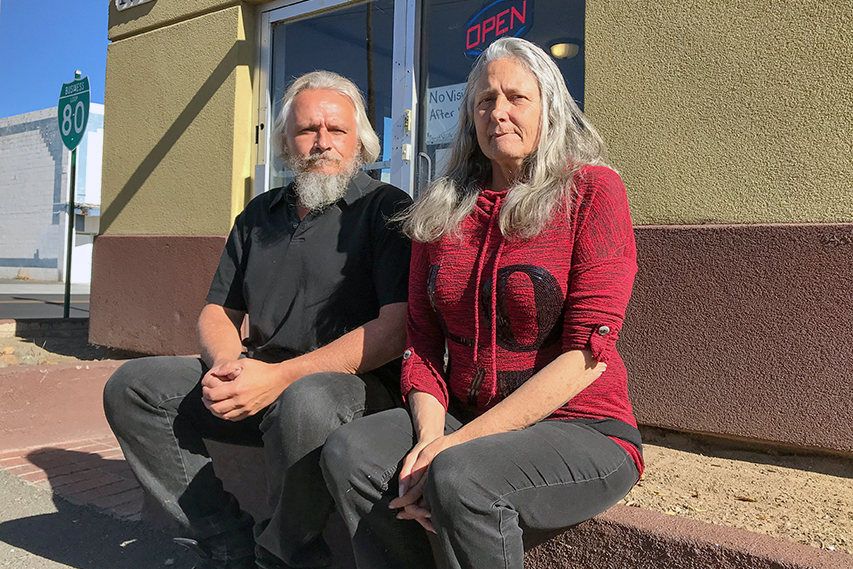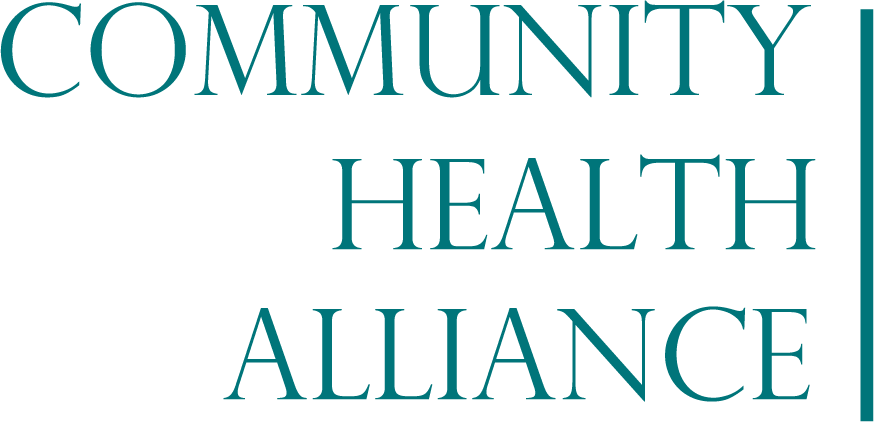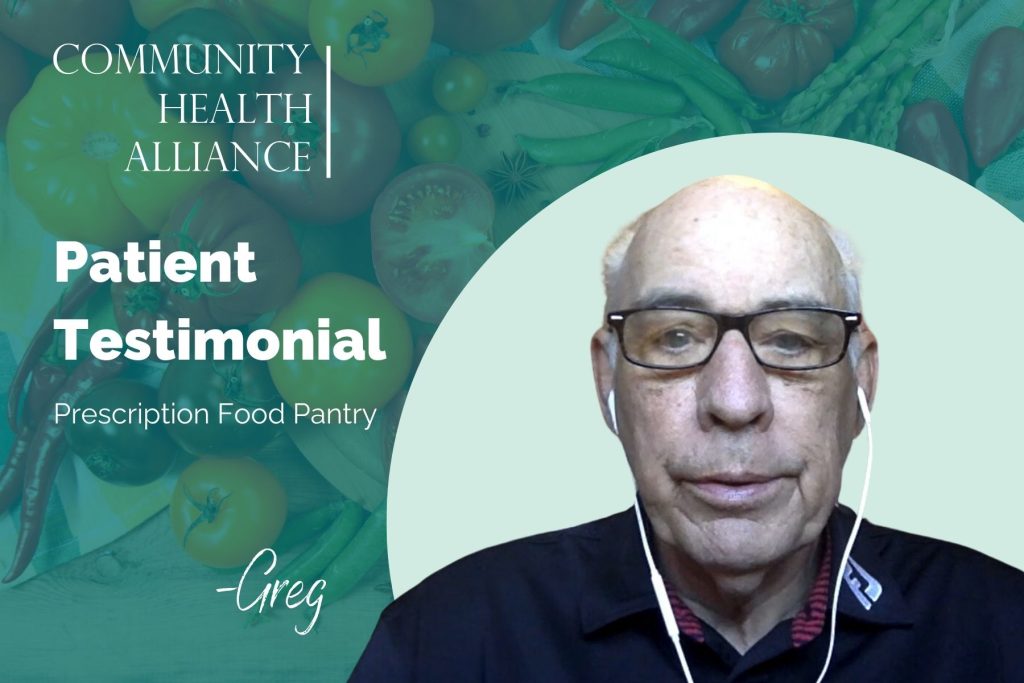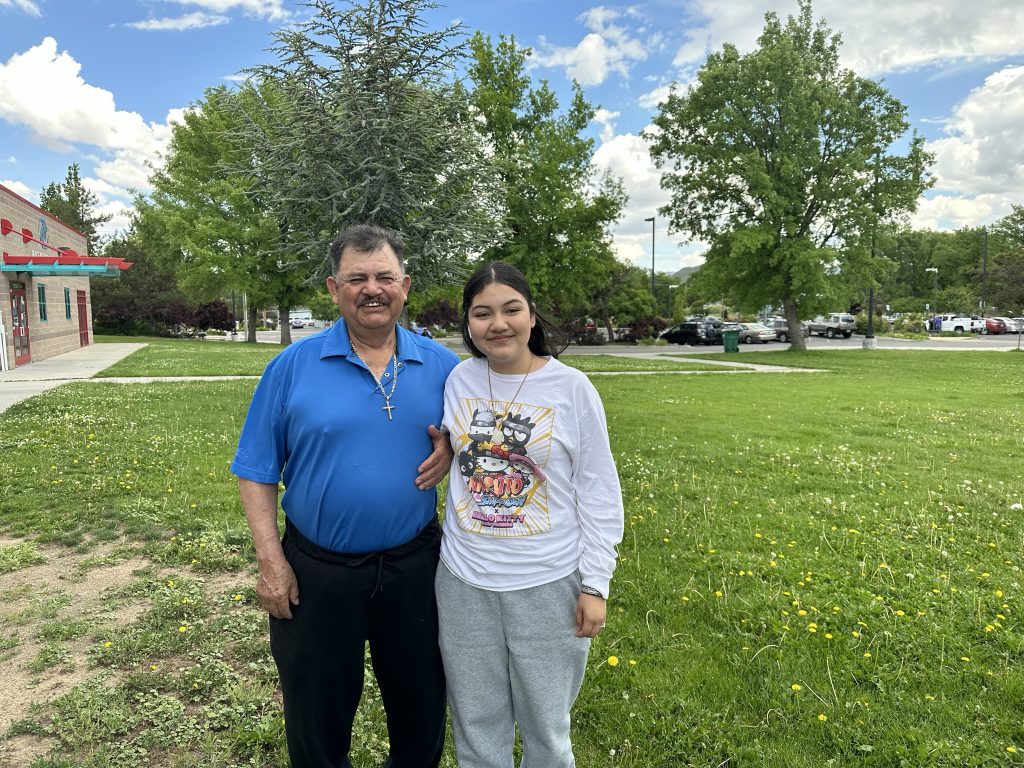How the Frys Escaped Homelessness

By: Neil Healy
From the outside, the Economy Inn on East 4th Street doesn’t look like much. But for its manager, John Fry, and his wife, Laura, it’s a representation of how far they’ve come.
In 2016, the Frys got off the bus to Reno from San Rosa, California, with the promise of work and housing. One final call on a dried up prepaid phone revealed those promises fell through, leaving the Frys in an unfamiliar city with nowhere to go.
“It’s like, ‘what do you do now?’” John said. “We’re in a strange city. We came here to visit during our good times, but we had no idea [about the city] … We were shocked and confused and did not know what to do.”
Many of the first days were spent looking for food and a safe place to sleep. They both learned from other homeless people where they could find food and where the other homeless can sleep while avoiding harassment from police. John would spend nights awake protecting Laura, only succumbing to the urge to rest every two or three days. The worries only piled on with the concern of Laura’s mental health.
Laura’s panic disorder manifested itself by developing crippling separation anxiety with John. It was so severe that John was unable to look for work, fearing for Laura’s safety. Getting medication was a constant struggle as well, with many places refusing service or giving short-term prescriptions. The result was the Frys were forced to wander from place to place, finding sleep and shelter wherever they could.
Almost two years later, the Frys have come a long way, with John managing the motel and Laura being able to combat her mental health battles. Both believe what turned their prospects around was a visit to the Community Health Alliance (CHA), where they went in search of medicine for Laura.
The Frys’ first appointment with CHA resulted in meeting with a behavioral health specialist, where Laura began meeting once a week to combat her mental health problems. They would later be helped by a community care coordinator Tracy Rodriguez. The care coordinator provided them bus passes and a place to live that day, seeing that the Frys would benefit from receiving housing first before working on everything else.
“I added them to my caseload and met with them and it really seemed they would benefit from the Housing First model,” Rodriguez said. “[John] wasn’t able to look for a job or he wasn’t able to find other resources without knowing Laura would have a place where she could be safe. He was ultimately always worried about her. So we were able to house both of them and she had a safe place, then he would feel a little more comfortable going out and looking for a job.”
After cleaning rooms for the landlord of their first housing complex, John was offered the post of manager of the Economy Inn, where they also live on-site. Despite the difficulties of the job, the Frys are mindful of how far they’ve come, citing CHA’s involvement as the turning point in their fight for survival.
“[Community Health Alliance] gave us the foundation to be able to exist and be able to be back in society,” John said. “They keep telling us, ‘you guys did all the work,’ but without Community Health Alliance, without the foundation, without the help we had, both medical and residential, we could have never gotten to this point.”
Whoever gets the credit, John’s goal of keeping him and his wife safe was met, and he intends to keep it that way.
“And I promise you,” John said to Laura, “we got off the streets and we’ll never be on them again.”
Sign Up for Our Newsletter
SubscribeSign Up for Our Newsletter
By submitting this form, you are consenting to receive marketing emails from: Community Health Alliance. You can revoke your consent to receive emails at any time by using the SafeUnsubscribe® link, found at the bottom of every email. Emails are serviced by Constant Contact
By submitting this form, you are consenting to receive marketing emails from: Community Health Alliance, 680 S. Rock Blvd, Reno, NV, 89502, https://www.chanevada.org. You can revoke your consent to receive emails at any time by using the SafeUnsubscribe link found at the bottom of every email.


